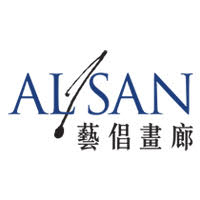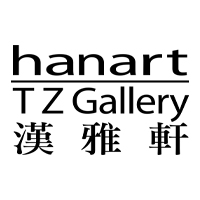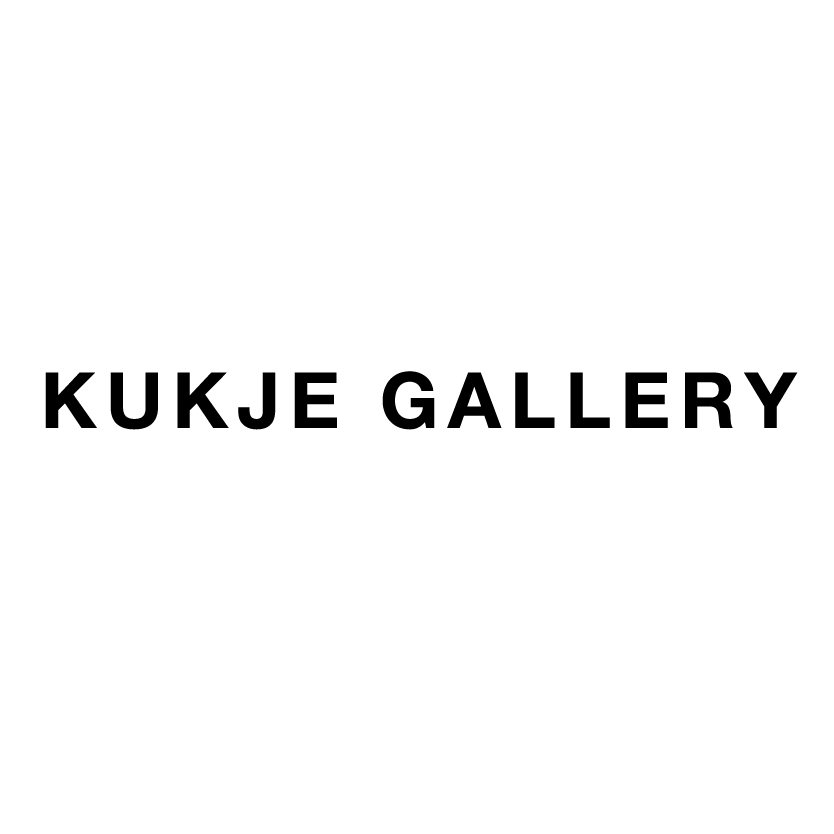Aichi Triennale Shuts Down Exhibition About Censorship
By HG Masters
*Last updated August 14, 2019.

Aichi Triennale 2019 has closed the exhibition
On August 3, the Aichi Triennale 2019 shuttered an exhibition at the Aichi Prefecture Museum of Art, in Nagoya, about the history of censored artworks in Japan after receiving threats over a sculpture of a “comfort woman.” The artwork, Statue of Peace (2011), by Kim Seo-kyung and Kim Eun-sung, depicts a seated woman symbolizing the estimated 200,000 women in Korea, China, and across Asia who were forced to serve as prostitutes, or ianfu, in Japanese World War II brothels.
According to The Japan Times, Aichi governor Hideaki Omura said at a press conference that the Triennale had received threatening emails, phone calls, and faxes, including one in which the sender claimed they would bring a gasoline canister to the museum. The threat echoed the July 18 arson attack on the Kyoto Animation studio, which killed 35 employees.
Members of Korea’s 1980s-era Minjung art movement, the artists Kim Seo-kyung and Kim Eun-sung originally created the artwork in 2011 to commemorate the 1,000th Wednesday demonstration that had taken place every week over the preceding 20 years in front of the Japanese Embassy in Seoul. One version of the statue was placed in front of the Japanese Embassy, and more than 30 others have been placed at other sites around the world. A miniature version was displayed at the JAALA International Exchange Exhibition at the Tokyo Metropolitan Art Museum, but museum staff removed the artwork on the fourth day of the show’s run, claiming the work violated the museum’s policies. Two versions of the work were exhibited again in Tokyo in a small show called “Exhibition of Unfreedom of Expression” at Gallery Furuto.
Organizers of the Aichi Triennale, including artistic director Daisuke Tsuda, knew that the exhibition, titled “After ‘Freedom of Expression’?” was likely to be controversial. Signs were posted at the entrance to the exhibition asking people not to post pictures of the artworks on social media. After closing the exhibition, Tsuda remarked to Japanese press: “It is regrettable that we have made an example that undermines freedom of expression.”
The exhibition’s curators—Hiroyuki Arai, Sadaaki Iwasaki, Yuka Okamoto, Toshimaru Ogura, and Kozo Nagata—opposed the Triennale’s decision, saying it was unilateral and represents “the most significant censorship case in the post-war Japan era.” They noted that Triennale artistic director Tsuda had specifically asked them to expand the exhibition they had organized at Gallery Furuto in 2015.
Participating artists also objected to the decision. On August 3, two artists from South Korea, Minouk Lim and Park Chan-kyong, requested that their works be removed from the Triennale; the Triennale closed their installations on August 6. Concurrently, more than 70 of the Triennale's participating artists released a signed statement decrying the decision and insisting that the exhibition remain on view. The artists also condemned "violent interventions" by politicians as well as "menacing acts and intimidation" like the hundreds of the threats received by the Triennale. A third demand was that there be a public forum established for "free and vigorous discussion." That same day, the Gwangju Biennale Foundation also submitted an open letter to the International Biennale Association and the International Committee for Museums and Collections of Modern Art calling for the exhibition to be reopened. The statement characterized the closure as "an infringement on the artists’ freedom of expression facilitated by politicians including Japan’s ruling party who have publicly expressed disapproval of the exhibition." It added that the Triennale's "decision to close the exhibition under pressure is against the expected role of a contemporary art exhibition." Aichi Prefecture revealed on August 9 that an independent committee would be formed to address the controversy over the exhibition and deliberate on the Triennale's next steps.
The furor over the controversial topic of Japan’s sexual enslavement of women for the Imperial Army’s soldiers comes at a time of strained diplomatic relations between the rightwing nationalist government of Japan and the leftwing South Korean government. Japan’s prime minister Shinzo Abe has refused to offer a new apology to “comfort women,” an issue that the Japanese government maintains was resolved in a 1965 bilateral accord between the two countries. In 2015, Abe agreed with the rightwing South Korean government of Park Geun-hye to fund a South Korean foundation set up to compensate the surviving women, but South Korea officially dissolved the USD 8.8 million foundation on July 5 this year amid ongoing disputes over reconciliation.
HG Masters is the deputy editor and deputy publisher of ArtAsiaPacific.
.jpg)






